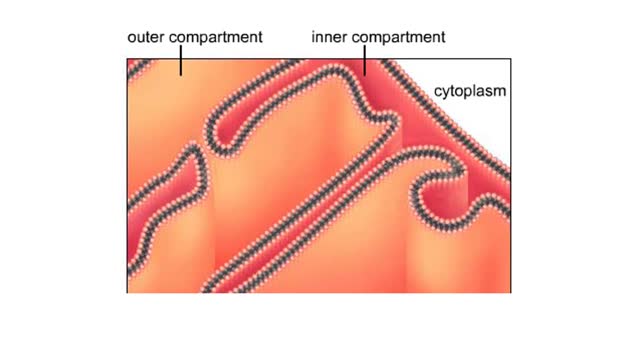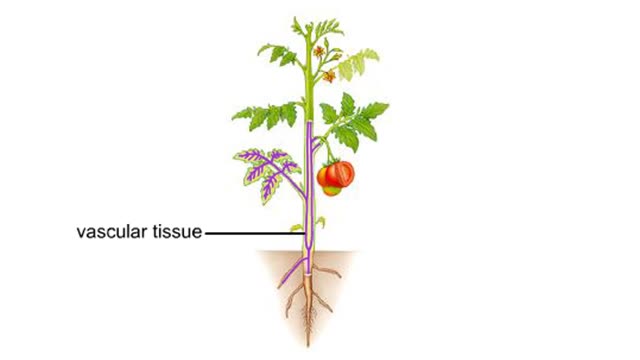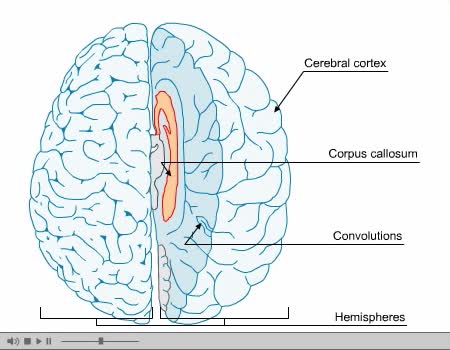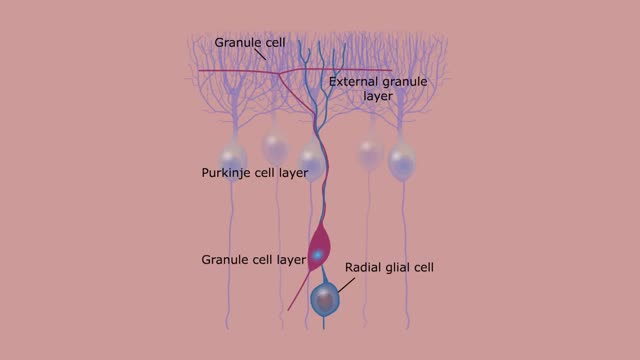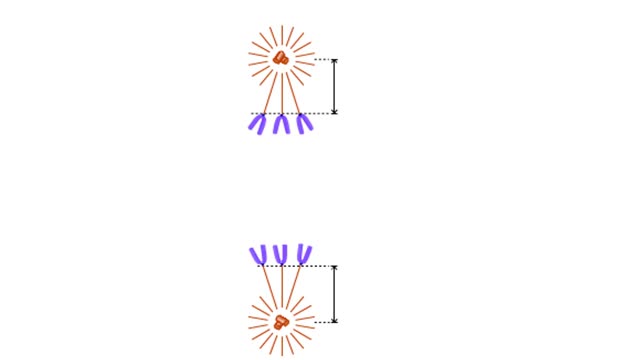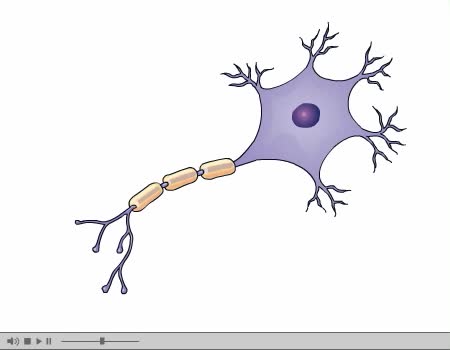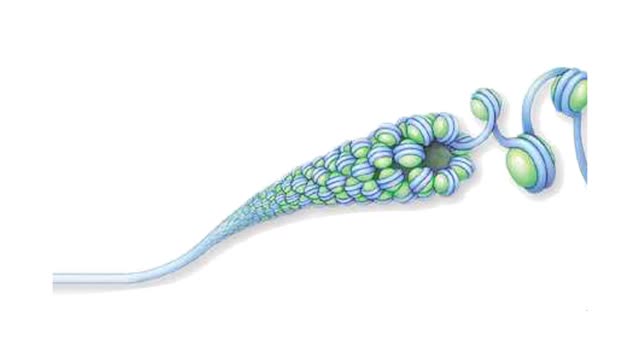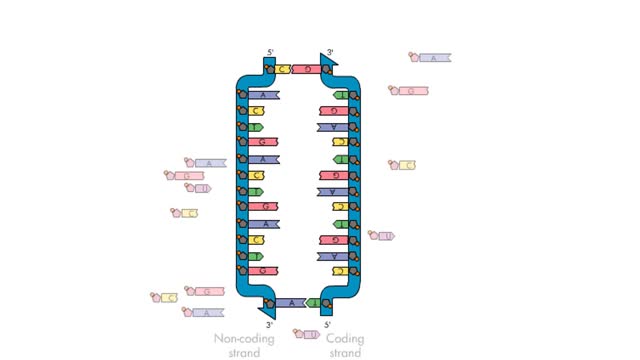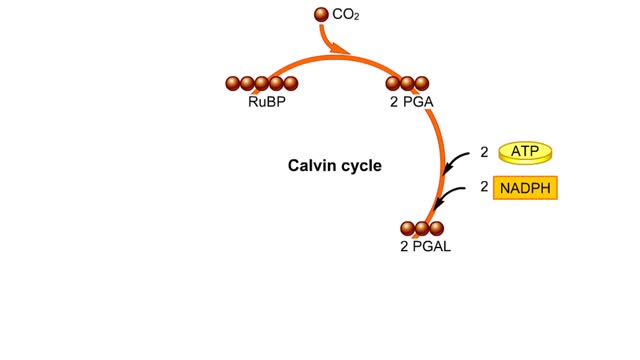Search Results
Results for: 'Photosynthesis - How it works! (Animation)'
Functional zones in a mitochondrion
By: HWC, Views: 8912
A mitochondrion has a double membrane system. The outer membrane faces the cytoplasm. The inner membrane divides the organelles interior into two compartments. The enzymes that carry out the second stage reactions are in the semifluid matrix inside the inner compartment. Embedded in the ...
By: HWC, Views: 5616
The bulk of the plant body is comprised of ground tissue. Vascular tissue threads through the ground tissue. It distributes water, solutes, and organic substances through the plant body. Dermal tissue covers and protects the surfaces of the root and shoot systems.
By: Administrator, Views: 13923
The corpus callosum (Latin for "tough body"), also callosal commissure, is a wide, thick, nerve tract consisting of a flat bundle of commissural fibers, beneath the cerebral cortex in the brain. The corpus callosum is only found in placental mammals. It spans part of the longitudinal fissure, con...
Cavernous Sinus Larynx Middle Ear Orbit: Granulesm Animation
By: HWC, Views: 10335
The cavernous sinuses are located within the middle cranial fossa, on either side of the sella turcica of the sphenoid bone (which contains the pituitary gland). The cavernous sinuses, a rich plexuses of veins that surround the internal carotid arteries, lie lateral to the pituitary fossa. Ant...
Chromosome structural organization/ Mechanisms for chromosome movement Animation
By: HWC, Views: 7273
How the chromosome is organized. At metaphase, the chromosomes are duplicated and are at their most condensed. In each chromosome, two identical sister chromatids are held together at a constricted region called the centromere. When a chromosome is condensed, interactions among chromosomal ...
Nerve Impulse Transmission Animation
By: Administrator, Views: 14470
How nerves transmit impulses. Stimulation of a nerve occurs at a receptor. Sensory receptors Specialized to specific types of stimulation such as heat, cold, light, pressure, or pain. React by initiating a chemical change or impulse. All-or-none principle Means that no transmission occ...
Sister chromatids of a metaphase chromosome animation
By: HWC, Views: 9217
At metaphase, the chromosomes are duplicated and are at their most condensed. In each chromosome. two identical sister chromatids are held together at a constricted region called the centromere. When a chromosome is condensed, interactions among chromosomal proteins keep loops of DNA tightly ...
Transcription—A molecular view
By: HWC, Views: 6692
Transcription, as related to genomics, is the process of making an RNA copy of a gene's DNA sequence. This copy, called messenger RNA (mRNA), carries the gene's protein information encoded in DNA. During transcription, a DNA molecule is copied into RNA molecules that are then used to translate...
By: HWC, Views: 10867
he light-independent reactions make sugars by way of a cyclic pathway called the Calvin cycle. The cycle begins when rubisco attaches a carbon from carbon dioxide to ribulose bisphosphate. The molecule that forms splits into two molecules of PGA. Each PGA gets a phosphate group from ATP a...
Advertisement



